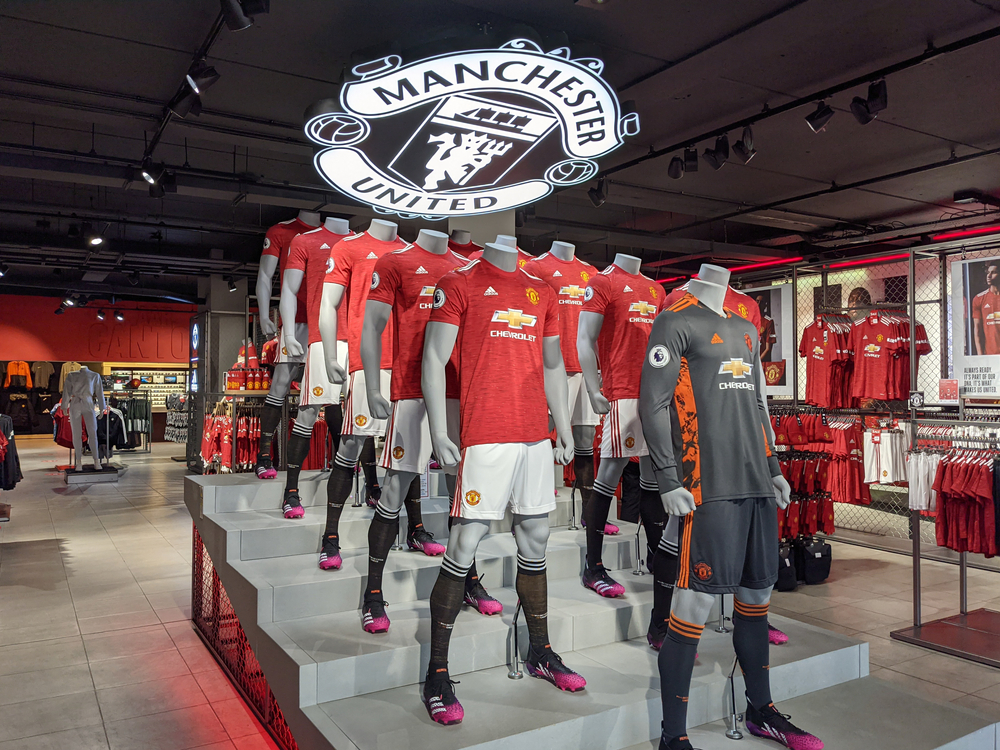Top 8 Ways Football Clubs Make Money
Football may be the world’s most popular sport, but behind the passion, goals, and trophies lies a complex business machine. Today’s top clubs aren’t just competing on the pitch, they’re also global brands and sophisticated enterprises that need to balance financial strength with sporting success. From massive TV deals to creative fan engagement strategies, football clubs have developed a wide range of revenue streams to stay competitive and sustainable. This article breaks down the most common ways these clubs generate income and keep their operations thriving season after season.
Broadcasting Rights

Broadcasting rights are the largest source of income for most top football clubs. Lucrative domestic and international TV deals for league matches, cup competitions, and tournaments like the UEFA Champions League bring in billions. For elite clubs, media rights often account for nearly half of total revenue, making them critical to maintaining both financial health and competitive squads.
Matchday Revenue

While TV money dominates, matchday earnings still play a vital role. Clubs generate revenue through ticket sales, VIP hospitality, merchandise, food, and drinks at the stadium. Iconic venues like Old Trafford and the Bernabéu also host concerts and events, turning stadiums into year-round revenue hubs.
Commercial Revenue

Top football clubs operate as global brands. Sponsorship deals, shirt and sleeve partners, kit manufacturers, and merchandise sales all contribute significantly. International tours and creative digital campaigns help clubs reach fans worldwide, boosting both brand visibility and sales far beyond matchdays.
Read also: Top 10 Most Expensive English Players of All Time
Player Trading

The transfer market is a powerful financial lever when used wisely. Clubs like Ajax and Dortmund thrive by developing young talent and selling them for high fees. Even giants like Liverpool balance their books by selling players at peak value, turning smart player trading into a core business strategy.
Other Revenue Streams

Beyond traditional avenues, many clubs are diversifying. eSports teams, club-run media channels, youth academy fees, and venue rentals for corporate or private events all add valuable income streams. While these don’t rival broadcast deals, they provide important buffers in times of fluctuating TV or matchday revenues.
Pre-Season Tournaments and Exhibition Matches

Big clubs often travel to the US, Asia, or the Middle East for pre-season tournaments and friendlies. These trips bring in appearance fees, sponsorship deals, and healthy ticket sales abroad. They’re also key to growing the club’s brand in new markets, which later drives merchandise and digital revenues.
Loyalty Programs and Premium Memberships

Many clubs now offer paid loyalty programs and premium memberships. Fans get exclusive content, early access to tickets and new kits, plus special discounts. For clubs, these programs build deeper fan relationships and generate steady, predictable subscription income.
Read also: Premier League Injury Crisis 2025/26: Every Club’s Fitness Concerns Revealed
Naming Rights for Training Facilities and Academies

It’s not just stadiums securing naming rights deals—clubs also sell sponsorships for their training grounds and youth academies. This provides brands with valuable exposure whenever media cover team training or rising prospects. For clubs, it’s another smart way to lock in long-term revenue.
Read also: 10 Best Goalkeepers in the World 2025




